Supervisors
Professor Lisa Connolly
PROJECT COORDINATOR
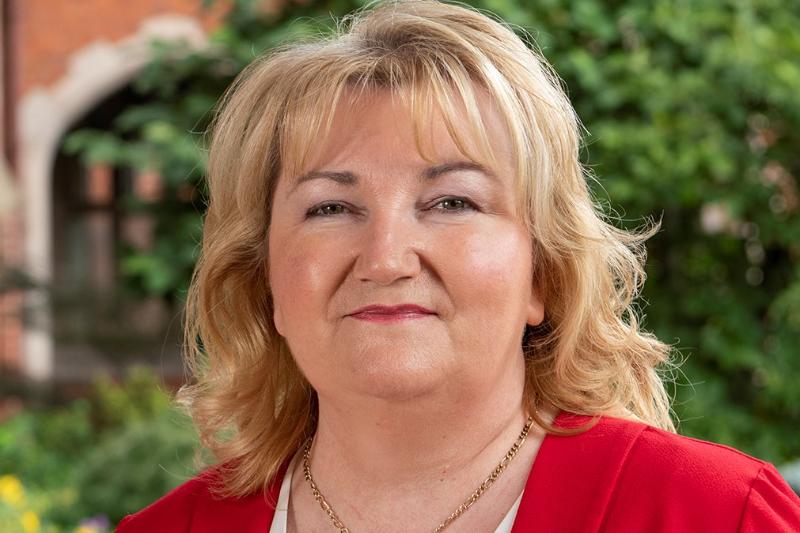
Area of science:
Lisa’s research focuses on endocrine disrupting environmental and food based toxins resulting from modern day industrial, agricultural or natural sources. Utilising innovative and emerging in vitro bioassays for the assessment of endocrine disruptors (ED’s) in food, feed and the environment, this work aims to identify ED mechanism of action, horizon scan for emerging ED’s and assess the mixture effects related to health.
Institution affiliation:
Currently a Reader of Toxin Food Safety within the Institute for Global Food Security and the School of Biological Sciences at Queen’s University Belfast (QUB). Previously Lisa obtained her BSc in Biological Sciences at The University of Ulster, Northern Ireland, in 1994. In 1999 she was awarded a PhD in Biological Sciences specialising in cancer research at Dublin City University, Ireland. As a postdoctoral scientist, Lisa was involved in projects developing and applying new technologies for the detection of harmful contaminants in food.
Project role:
The PROTECTED ITN Coordinator and supervisor of ESR 13 (Emerging High Content Analysis technology for the investigation of ED’s and their mixtures).
_________________________________________________________________________________________________________________
Professor Moira Dean

Area of science:
Moira is a Professor in consumer psychology and food security. She has carried out research into consumer food choice, food safety, risk perceptions and food supply chain management in the areas of organic food, beef, fish, wholegrain, portion size, healthy shopping, cooking skills and food labeling, with different stakeholders. She is experienced in qualitative and quantitative methodologies for the assessment of attitudes, values, perceptions and barriers associated with food, health and sustainable living.
Institution affiliation:
Moira is based in the Institute for Global Food Security in Queen’s University, Belfast. She has worked on a number of projects funded by the Food Standards Agency, Safefood, The Danish Agency for Science Technology and Innovation, Medical Research Council, Economic and Social Research Council, the European Union and Industry.
Project role:
Moira is the supervisor of ESR 1 (Consumer perception of endocrine disruptors in the environment and food chain).
_________________________________________________________________________________________________________________
Prof Merete Eggesbø
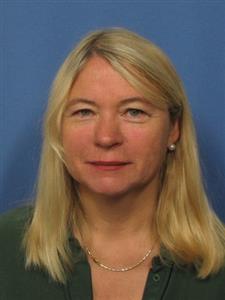
Area of science:
Merete Eggesbø is an environmental epidemiologist with expertise in adverse effects of environmental chemicals and gut microbiota. Merete leads a small research group in environmental epidemiology, secured by her own grants. Having obtained an MD from the University of Oslo and a PhD in epidemiology and food allergy Merete is the Principal Investigator of the prospective HUMIS & NoMIC birth cohorts, which was established in order to study environmental toxicants and gut microbiota and child health. The cohorts encompass more than 2600 children and an extensive longitudinal data collection. Publications to date include the role of persistent toxicants such as HCB, PCB, DDE, BFRs and PFCs, as well as the composition of gut microbiota, in early life for child health.
Institution affiliation:
Merete is affiliated with the Dept. of Environmental Exposure and Epidemiology Norwegian Institute of Public Health and has an extensive network of international collaborators. Merete is also an appointed consultant on a contract with NIEHS, NC, US, on research on environmental samples in MoBa.
Project role:
Supervisor of ESR 2 (Identifying mixtures of contaminants associated with adverse child health outcomes)
________________________________________________________________________________________________________________
Prof Paul A. Fowler
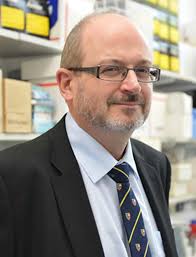
Area of science:
Paul’s research focuses on foetal programming of adult health and function, focusing on the effects of exposures of the developing foetus in humans and animal models. These exposures include environmental chemicals and endocrine disruptors (EDs), with an emphasis on maternal cigarette smoking as a chemical mixture insult to the human foetus. This work aims to identify effects and mechanisms by which EDs disturb foetal development with life-long consequences.
Institution affiliation:
Currently a professor and Director of the Institute of Medical Sciences at the University of Aberdeen. Previously Paul obtained his BSc Hons in Zoology in 1982 and his PhD, specialising in reproductive endocrinology, in 1986, both at the University of Aberdeen. As a postdoctoral scientist, Paul was involved in projects applying MRI, in vitro assays and in vivo studies to better understand reproduction in females. Since 2000, his work has focused in reproductive and developmental/foetal programming effects of adverse maternal exposures/lifestyle.
Project role:
The PROTECTED ITN partner and supervisor of ESR 3 (Health impacts of complex mixtures on human foetal and placental health).
________________________________________________________________________________________________________________
Dr Marc Muller
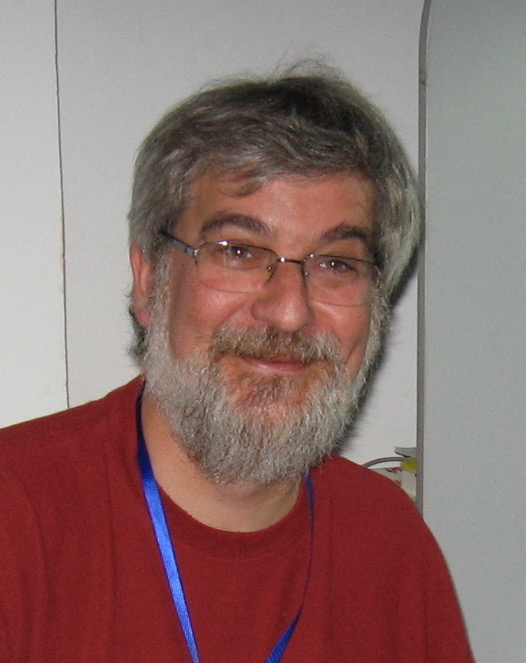
Area of science:
Marc’s research focuses on Developmental Biology using the zebrafish as a model system, using molecular and genetic approaches. His main focus is on bone development and homeostasis, however his group is also studying more general perturbations of zebrafish physiology by physical (changes in gravity) or chemical treatments. Recent studies include studying the effects of food additives, endocrine disruptors, and of mixtures thereof to better understand the intricate interactions between the various signalling pathways involved.
Institution affiliation:
Currently a Research Associate at the "Fonds National de Recherche Scientifique", Principal Investigator at the GIGA Research Center and Lecturer of Molecular and Cellular Biology at University of Liège (ULG). Marc obtained his MSc in Chemical Sciences at ULG, Belgium, in 1980 and was awarded in 1986 a PhD in Chemical Sciences, specialising on DNA repair mechanisms at the same University of Liège, Belgium. As a postdoctoral scientist in Germany, Marc was involved in studying gene regulation in various systems, before taking his present position and focusing on zebrafish embryo development and toxicology.
Project role:
The PROTECTED ITN beneficiary and supervisor of ESR 5 (Assessment of the impact of endocrine disruptors and mixtures in vivo on zebrafish larvae).
________________________________________________________________________________________________________________
Prof Chris Elliott
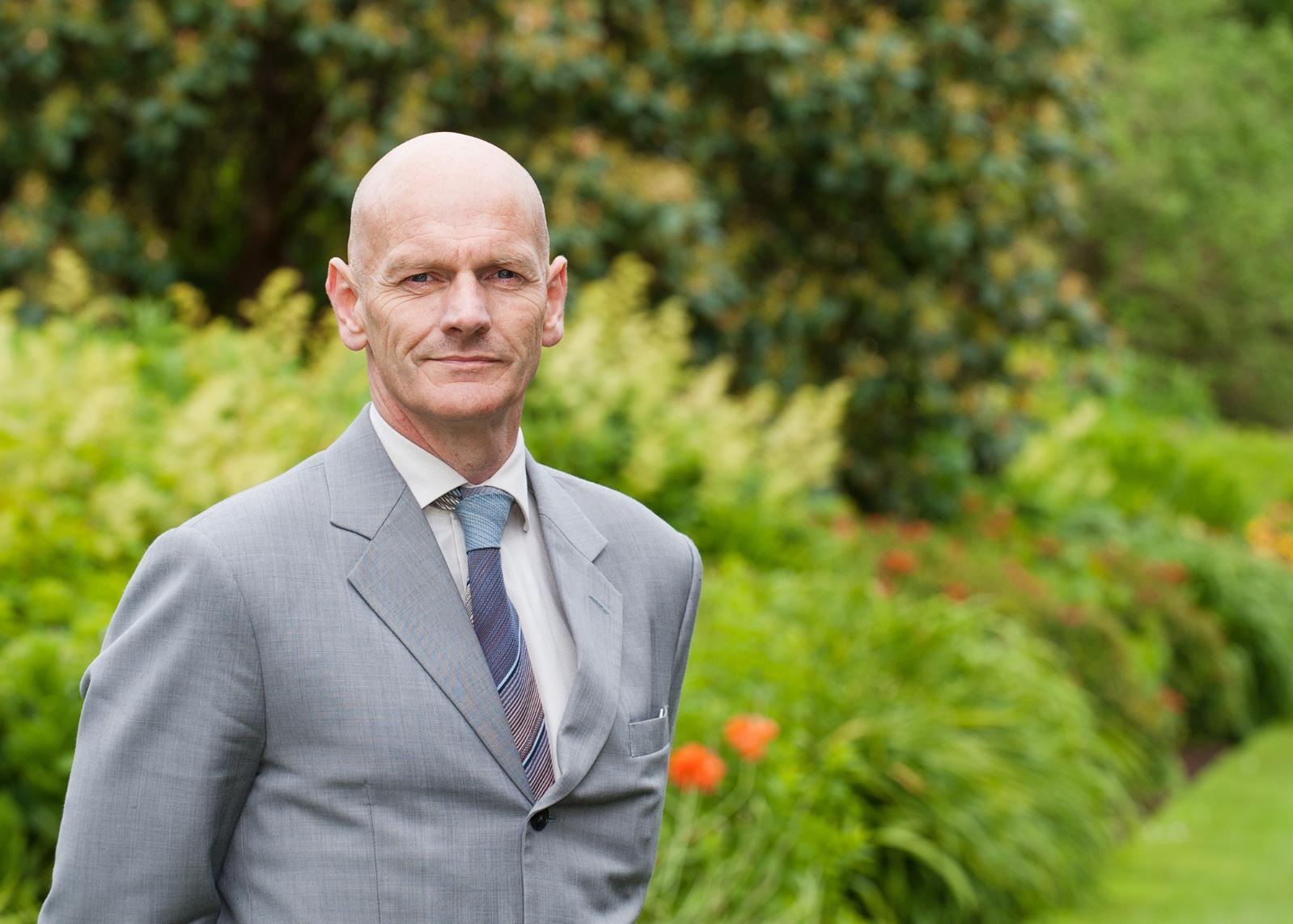
Area of science:
Chris’ main research interests are in the development of innovative techniques to provide early warning of toxin threats across complex food supply systems. Protecting the integrity of the food supply chain from fraud is also a key research topic and Chris led the independent review of Britain’s food system following the 2013 horsemeat scandal.
Institution affiliation:
Chris is currently Professor of Food Safety and founder of the Institute for Global Food Security at Queen’s University Belfast. He serves as Pro Vice Chancellor for the university and is responsible for the Medical and Life Sciences Faculty. He has published more than 350 peer review articles, many relate to the detection and control of agriculture, food and environmental related contaminants.
Chris has developed a high level network of collaborators across Europe, the United States and Asia. He is a visiting Professor at the China Agriculture University in Beijing and the Chinese Academy of Sciences, a recipient of a Winston Churchill Fellowship and is an elected Fellow of the Royal Society of Chemistry, Royal Society of Biology and the Institute of Food Science and Technology.
Project role:
Chris is the supervisor of ESR 4 (Mycotoxins, mass spectrometry, farm animals, and health effects).
________________________________________________________________________________________________________________
Dr Isabelle Oswald

Area of science:
Isabelle's research focuses on the toxicity of mycotoxins. These fungal toxins are naturally occurring contaminants that are commonly found in food and feed. She has developed in vitro (cell culture), ex vivo (tissue explant) and in vivo (animal) models to analyse their toxicity. She focused on the effect of these food contaminants on the intestine using both physiological and omics approaches. Her work aims at characterising the effects and the mode of action of mycotoxins on human and animals.
Institution affiliation:
Currently Isabelle is Research Director and the deputy head of the Toxalim - Research Centre of Food toxicology at INRA (Institut National de la Recherche Agronomique) in Toulouse. There she is the head of the "biosynthesis and toxicity of mycotoxins” team. Isabelle trained as an engineer in Agricultural Sciences in Rennes, did a PhD in Tours and a post-doc at the NIH in Bethesda, USA. She is an expert for the European Food Safety Authority (EFSA) and the French Agency for Food, Environmental and Occupational Health & Safety (ANSES).
Project role:
Supervisor of ESR6 (Effect of Zearalenone, an oestrogenic mycotoxin, alone or in combination on the intestine).
________________________________________________________________________________________________________________
Prof Erik Ropstad

Area of science:
Erik has broad research experience including both in vivo and in vitro studies using isolated cells and organs, experimental species (including zebrafish, rodents, small and large ruminants) as well as field studies with marine mammals and ruminants. His main research interest has been how environmental factors can affect biological functions. He has initiated a number of research projects on environmental toxicology and been involved in several EU projects, in COST actions and in research related to developing countries.
Institution affiliation:
Currently the Head of Section of Experimental Biomedicine within the Department of Production Animal Clinical Sciences at Norwegian University of Life Sciences. Previously Erik obtained his Degree in Veterinary Science at the Norwegian School of Veterinary Science (NVH) in 1980. In 1986 he was awarded a PhD in Animal Reproduction and in 1988 the Degree of Doctor of Veterinary Medicine (Dr. med. vet.). In 1990 he was appointed Professor of Animal Reproduction at the same institution. Between 1990 and 2012 he served part of the time as Head of Department (6 years) and Deputy Dean at NVH (4 years)
Project role:
The PROTECTED ITN WP 4 leader and supervisor of ESR 7 and ESR 8.
_________________________________________________________________________________________________________________
Dr Steven Verhaegen
Area of science:
Steven has wide experience with in vitro models for a number of fundamental biological processes, such as steroidogenesis and neurodevelopment, as well as disease states including cancer and metastasis, and viral disorders. Steven has a B.Sc. in Biological Sciences from the Free University Brussels, Belgium. He gained his Ph.D. at Maynooth University, Ireland in 1995, in the field of invasive and apoptotic properties of haematopoietic cells. During a very international career he acquired a unique knowledge base on the crossroads of molecular biology, pathotoxicology, and developmental morphology.
Institution affiliation:
Steven joined the group of Prof. Erik Ropstad at NMBU in 2007, and introduced in vitro cell models relevant to reproduction, reproductive toxicology, and development. These are deployed to look at effects of endocrine disruptors (EDs), whether pharmaceutical drugs, natural substances, or manmade contaminants. A main focus for the group are defined complex mixtures of EDs based on real-life human exposure scenarios. These are evaluated for their possible adverse impact on health outcomes, including neurobehavioral disorders and cancer.
Project role:
Leader for WP4 (Complex Effect Models – Gut, Immunology, and Brain)
_________________________________________________________________________________________________________________
Prof Marie-Louise Scippo

Area of science:
Marie-Louise’s research focuses on chemical risks linked to foodstuff at the analytical level, including development and use of biochemical, biological (in vitro cell based assays) and physico-chemical methods for residues and contaminants determination in various matrices (antibiotics, pesticides, polycyclic aromatic hydrocarbons, PCBs, dioxins, endocrine disruptors, etc., in food as well as in biological and environmental matrices).
Institution affiliation:
Currently a full professor within the University of Liège (ULg), Faculty of Veterinary Medicine, Department of Food Science – Laboratory of Food Analysis, FARAH - VPH research center (Fundamental and Applied Research for Animal & Health, Veterinary Public Health).
Previously, Marie-Louise obtained her MSc (in 1985) and her PhD (1992) both in Biochemistry at University of Liège. As a postdoctoral scientist (at ULg), Marie-Louise was involved in projects developing and applying strategies for the detection of illegal hormone treatments in cattle.
Project role:
Supervisor of ESR 9 (Assessment of the impact of exposure to mixtures of chemicals found in drinking water on the Aryl hydrocarbon receptor).
________________________________________________________________________________________________________________
Dr Gunnar Sundstøl Eriksen
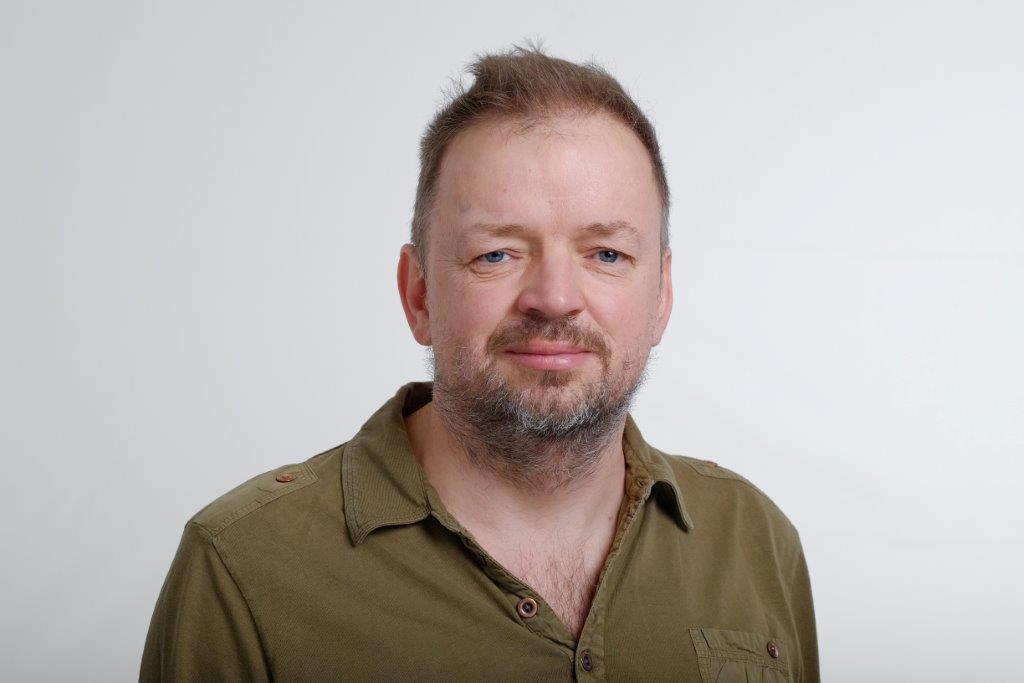
Area of science:
Gunnar’s research focuses on toxicology of biological toxins, mainly mycotoxins in feed and food. He has experience and competence from toxicological work ranging from mechanistic cell studies, animal studies and human population studies and exposure assessments related to effects of mycotoxins in food and feed. The overall aim of his work has been to shed light on the significance and potential health risks of these contaminants, to link the effects on a lower organisational levels (in cells) to observed effects on individuals and potential effects on populations. Gunnar also has extensive experience from risk assessment of toxicological compounds in food and feed at national and international level where data from all levels of toxicological studies are integrated.
Institution affiliation:
Gunnar has an MSc in Environmental Toxicology from the University of Oslo and was rewarded a PhD in Animal Science working on toxicological effects of Fusarium toxins on pigs and in cells from Swedish University of Agricultural Sciences in 2003. He has also been working in the Norwegian Food Control Authorities, focusing on monitoring and risk assessments of contaminants in the food.
Project role:
NVI contact for the network and co-supervisor of ESR 10 (ED effects of cyanobacteria).
________________________________________________________________________________________________________________
Dr Silvio Uhlig
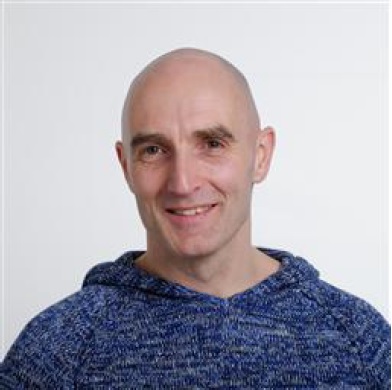
Area of science:
Silvio’s research focuses on chemical analysis, purification and chemical characterisation of biomolecules with biological activity. The majority of his work is related to toxins of fungal and plant origin and includes different approaches to target and untargeted analysis. Important techniques for untargeted analysis include bioassay-guided fractionation and mass spectrometry-based metabolomics.
Institution affiliation:
Currently Senior Scientist and Head of the Section for Chemistry at the Norwegian Veterinary Institute. Silvio has his background in organic and analytical chemistry and received his degree from the University of Oslo, Norway, in 2000.
Project role:
The PROTECTED ITN WP 6 leader and supervisor of ESR 10 (ED effects of cyanobacteria).
_________________________________________________________________________________________________________________
Dr Rafael Gozalbes
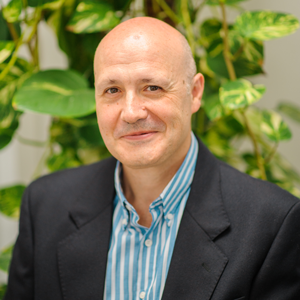
Area of science:
Rafael is a computational chemist with expertise in the application of in silico approaches to drug discovery, and in particular the development of QSAR multivariate models (for physico-chemical, ADME-T and biological predictions), docking and study of protein-ligand interactions, design of virtual target-focused and diverse chemical libraries, pharmacophore hypotheses generation and virtual screening for selection of hit candidates.
Institution affiliation:
Rafael holds a PhD in Physical Chemistry from the University of Valencia, Spain (1998). After a post-doctoral position at the “Groupe de Chimie Informatique et Modélisation” (ITODYS - CNRS) and Faculté de Médecine, both at the Université Paris VII, he spent seven years as senior scientist at the Modelling group of CEREP, a French biotech company. In 2007 he moved to the Structural Biochemistry Laboratory of the Centro de Investigacion Principe Felipe (CIPF) in Spain, where he had the responsibility of the chemoinformatics and molecular modelling activities of the group. In 2012, he founded the company ProtoQSAR SL, and he is currently the Director.
Project role:
Supervisor of ESR 11 (QSAR modelling endocrine disruptors and their mixtures).
_________________________________________________________________________________________________________________
Dr Gundrun Kausel

Area of science:
Gudrun’s research focuses on effects of endocrine disrupting environmental changes resulting from manmade activities or from natural origin. Utilising innovative in vivo bioassays for the assessment of endocrine disruptors (ED’s) in the environment, this work aims to reveal ED mechanism identifying regulatory factors in blood to assess organismic response to real life exposure to mixtures in the aquatic environment.
Institution affiliation:
Currently associate professor at the Biochemistry and Microbiology Institute of Universidad Austral de Chile (UACh). Previously Gudrun obtained her Diplom in Biological Sciences (Dipl. biol.) at Ludwig-Maximilians-Universität München (LMU), Germany. In 1998 she was awarded Doctor in Science (Dr. rer. nat.) from LMU, specializing in gene expression research. Gudrun was involved in projects studying environmental effects on gene expression at the organismal level developing novel biologically relevant markers to reveal and monitor ED contamination in the aquatic environment.
Project role:
The PROTECTED ITN Coordinator of the Network Training Committee and supervisor of ESR 12 (In vivo bioassays in adult carp).
_________________________________________________________________________________________________________________
Dr Bart Van Der Burg
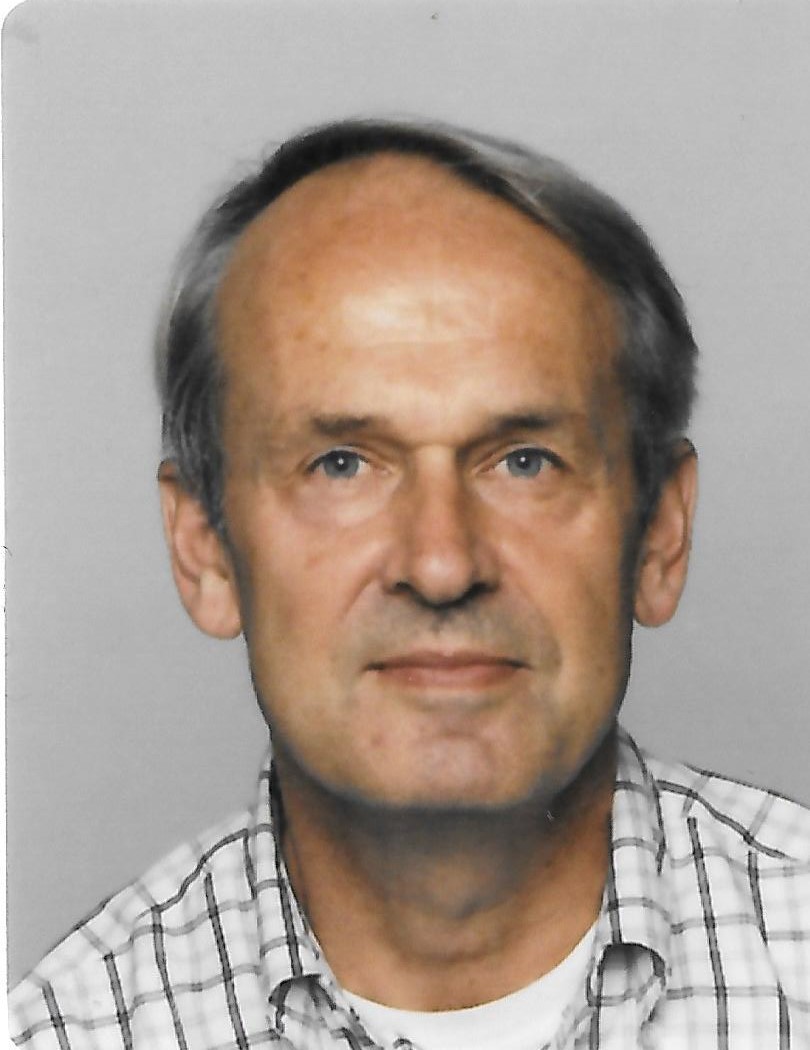
Area of science:
Much of Bart’s career has been focused on studying the mode of action of toxicants, alone and in complex mixtures and using this knowledge to design and use specific bioassays. He has ample experience in open innovation and as a leader of academic and industrial research groups of varying composition and has been coordinator of various large-scale collaborative research projects, including the FP7 ChemScreen project on integrated testing methods for reproductive toxicants.
Institution affiliation:
Bart got his PhD at the Faculty of Biology of the Utrecht University. Until 2002 he was a senior scientific staff member at the Hubrecht Institute of the Royal Netherlands Academy of Sciences in Utrecht, after which he joined BioDetection Systems as a Chief Scientific Officer and subsequently Director of Innovation. Director of Innovation at BioDetection Systems.
Project role:
Supervisor of ESR 14 (Development of a combined chemical-biological detection system for mycotoxin/POP mixtures affecting human development) and ESR 15 (Development of a combined chemical-biological detection system for mycotoxin mixtures affecting animal health).
_________________________________________________________________________________________________________________
Dr Siddhartha Mandal
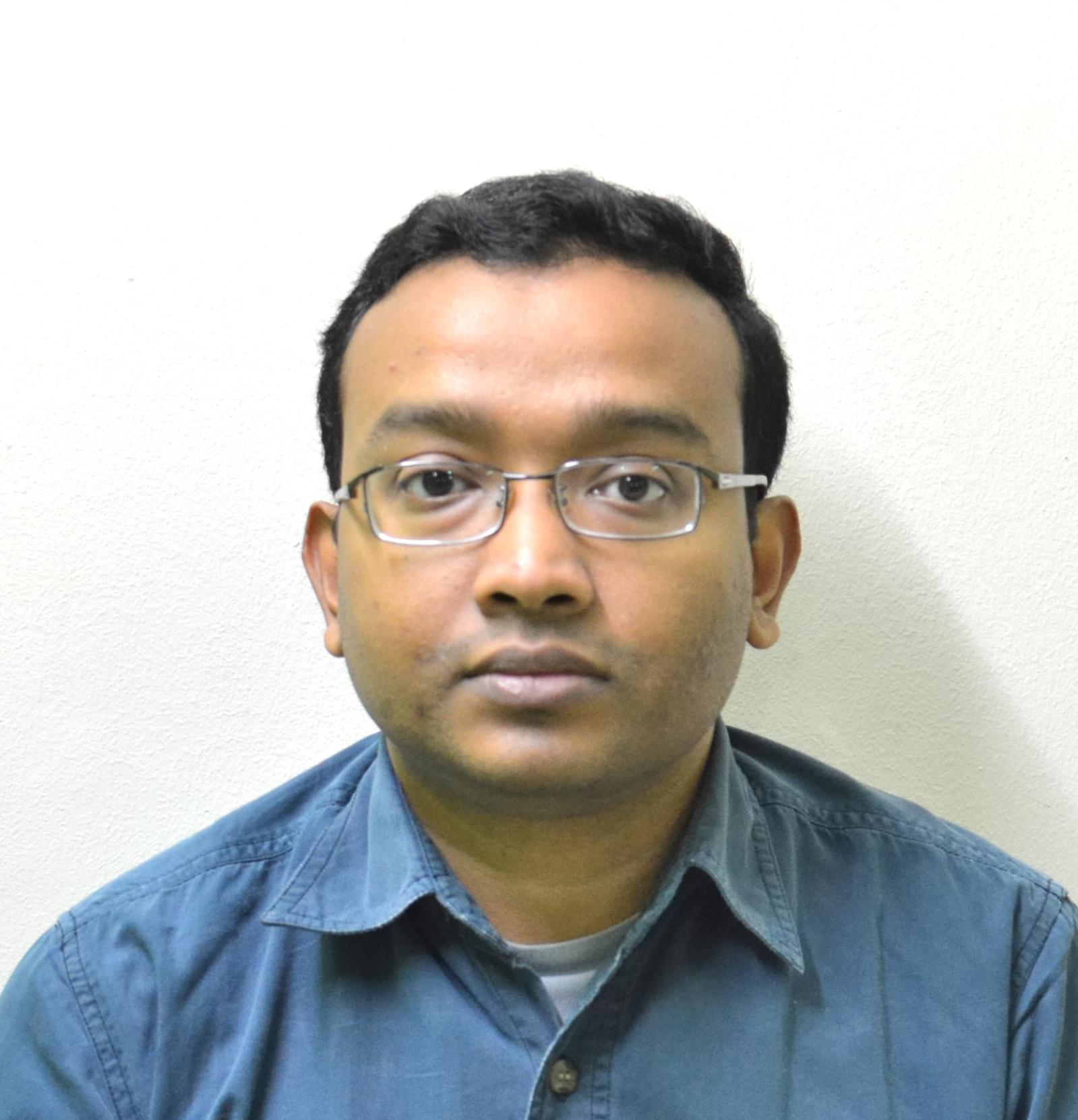
Area of science:
Siddhartha’s research focuses on development and application of statistical methodologies in the fields of gut microbiome, environmental health and air pollution. He has worked in applying advanced statistical techniques to analyze effects of mixture of environmental pollutants and developed novel methodologies to study the impact of gut microbiome on infant health. At present, he is also involved in modeling air pollution exposure using satellite and ground monitoring data.
Institution affiliation:
Currently a Research Scientist at Public Health Foundation of India, New Delhi, India. Siddhartha obtained his M.Sc in Statistics at Indian Institute of Technology at Kanpur, India in 2008. In 2012 he completed his PhD in Biostatistics from the University of North Carolina at Chapel Hill. During 2012-2015 Siddhartha worked as a postdoctoral fellow at the Norwegian Institute of Public Health in Oslo, Norway, where his main area of interest was impact of gut microbiome and environmental pollutants on infant health.
Project role:
Visiting Scientist in the PROTECTED grant to engage in development, application and teaching.
________________________________________________________________________________________________________________
